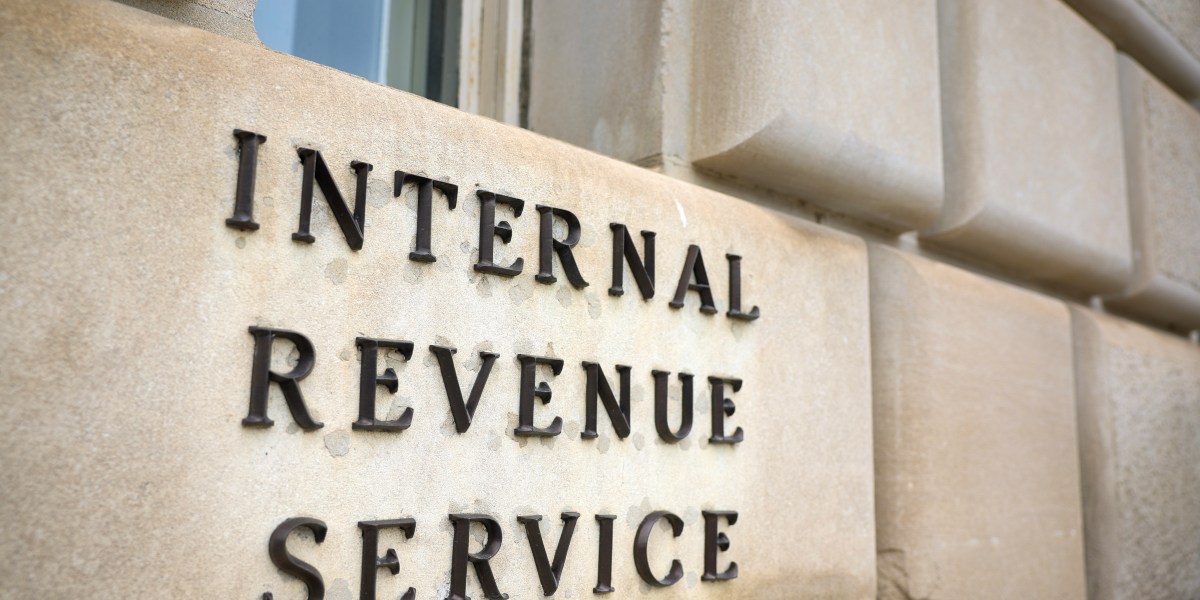NASHVILLE, Tenn. (AP) — The nation’s largest public utility on Monday promoted one of its top executives to CEO, putting Don Moul in charge of the Tennessee Valley Authority as President Donald Trump has cast renewed attention on the federal entity.
The utility announced that its board picked Moul as president and chief executive to replace Jeff Lyash, who said in January that he would retire no later than September. The move comes less than a week after Trump removed one of the utility’s board members without indicating why. With the firing of Michelle Moore, an appointee of former President Joe Biden, the board currently has five members and four vacancies.
The board firing and CEO hiring come after Tennessee’s two Republican U.S. senators urged officials to opt for “an interim CEO trusted by the president” before hiring someone long-term.
Moul has served as TVA’s executive vice president and chief operating officer since June 2021. In a news release announcing his selection, TVA focused in part on Moul’s leadership in the advancement of nuclear energy technologies and his experience as a licensed senior reactor operator. He starts in the new role on April 9.
“TVA needs a steady hand right now,” Moul said in the news release. “I will build on the momentum that Jeff and our team have created -– making sure we continue to invest in new generation, strengthen our grid and enhance system reliability.”
Earlier this month, U.S. Sens. Marsha Blackburn and Bill Hagerty wrote a guest column arguing that the TVA board was bogging down a project that seeks to build a small modular reactor with studies and hurdles.
Blackburn and Hagerty also said that hiring a CEO from within would forgo the chance to recruit a “top-quality leader” from outside the utility, which provides power to 10 million people across seven Southern states.
In part, advocates for nuclear energy have called for its expansion to help meet the demand from companies to power their artificial intelligence technologies, and do so without carbon emissions that speed up climate change.
Stephen Smith, executive director of the Southern Alliance for Clean Energy, called the op-ed by Blackburn and Hagerty “reckless interference.” He said they don’t understand the “risk of rushing nuclear technology before it’s ready for prime time both economically and safety-wise.”
Clean energy advocates have also criticized TVA’s decision to replace several of its aging coal plants with another fossil fuel, natural gas.
Trump put TVA and the outgoing CEO Lyash on the hot seat in his first term.
In 2020, Trump fired the former TVA board chairman and another board member and drove TVA to reverse course on the hiring of foreign labor for information technology jobs.
He also called for Lyash’s replacement and the position’s pay to be capped at $500,000.
In response, TVA has noted that the CEO pay ranks in the bottom quartile of the power industry. Lyash’s total compensation topped $10.5 million in the 2024 budget year, including various pension and performance incentives worth millions of dollars. Additionally, the utility has stressed that it doesn’t receive federal taxpayer money and instead is funded by electricity customers.
A TVA spokesperson has said Lyash’s retirement was not related to the administration or current politics and that Lyash had begun talking to TVA board members last fall about considering retirement.
This story was originally featured on Fortune.com
Source link

 Entertainment8 years ago
Entertainment8 years ago
 Politics8 years ago
Politics8 years ago
 Entertainment8 years ago
Entertainment8 years ago
 Entertainment8 years ago
Entertainment8 years ago
 Tech8 years ago
Tech8 years ago
 Tech8 years ago
Tech8 years ago
 Tech8 years ago
Tech8 years ago
 Politics8 years ago
Politics8 years ago







